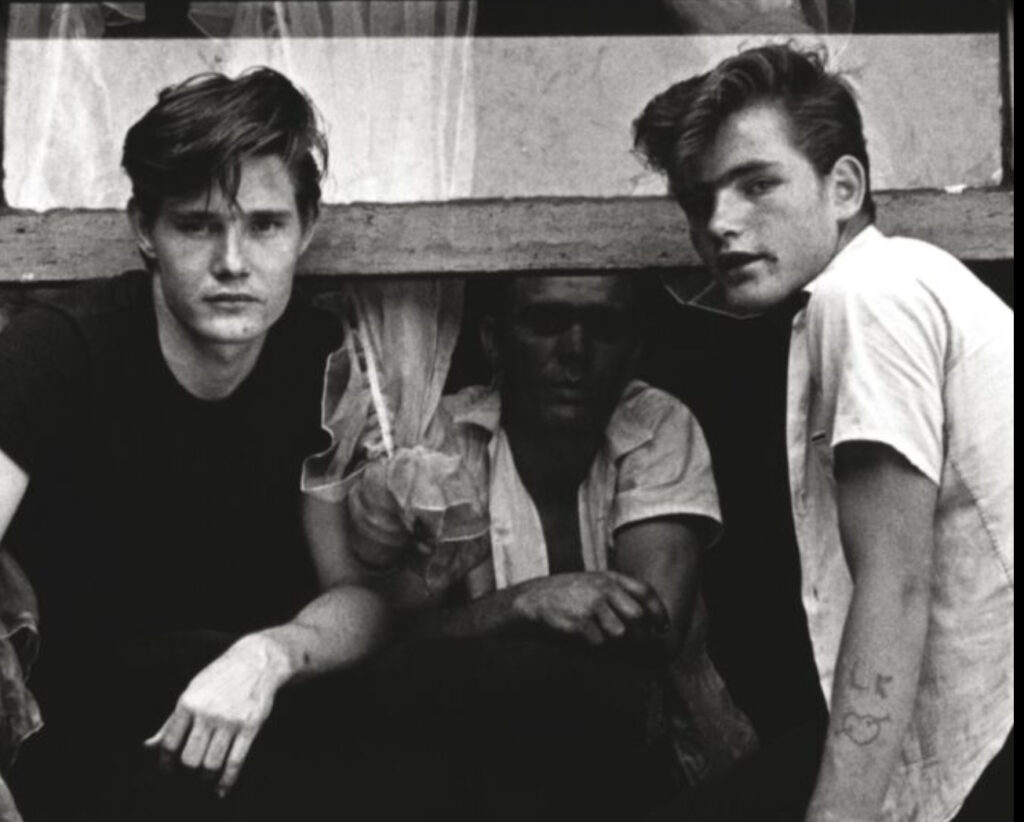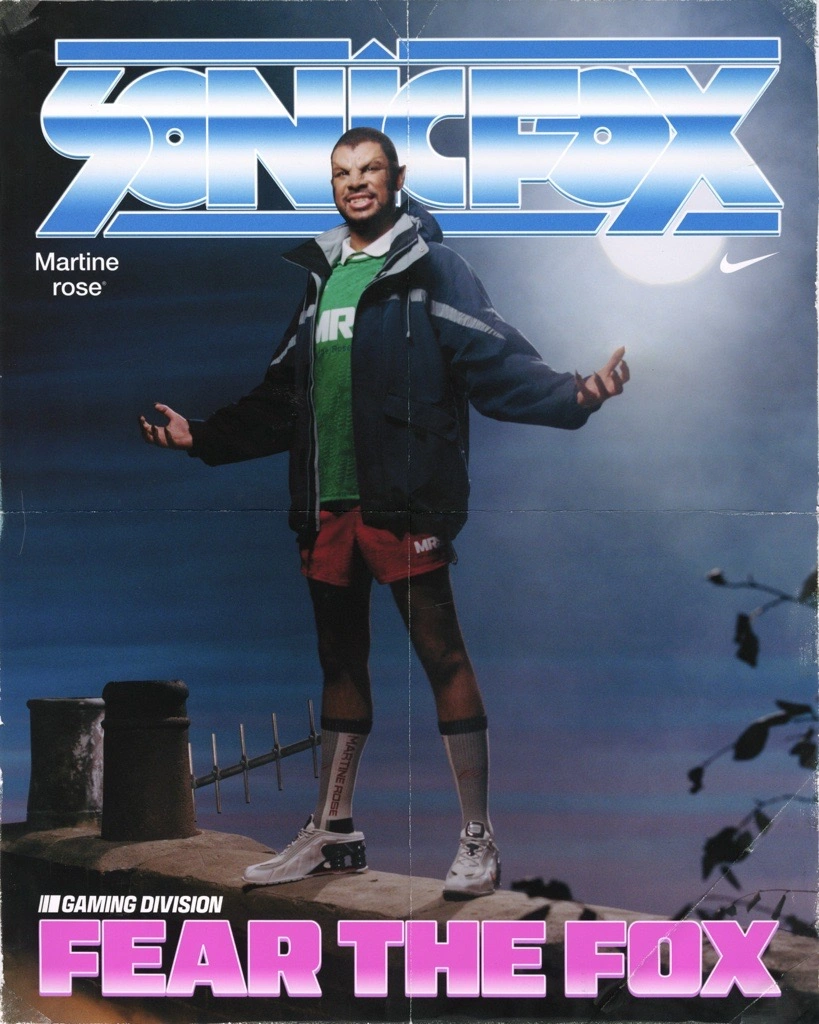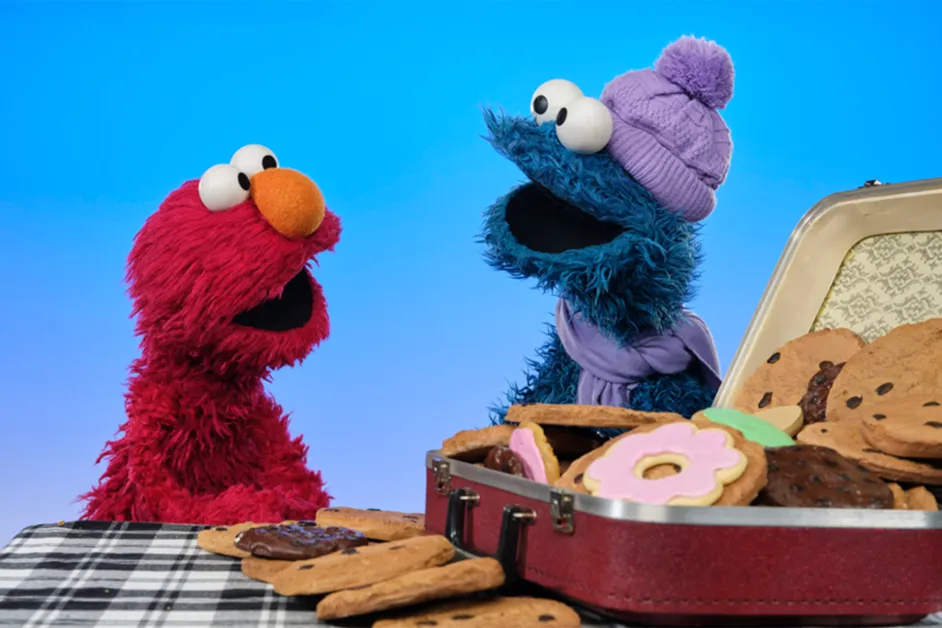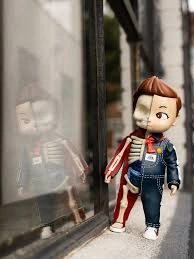S. E. Hinton’s The Outsiders is more than just a staple of young adult literature—it is a defining work that transcends generations. First published in 1967, this novel revolutionized the genre by offering an unfiltered glimpse into the realities of teenage life. Hinton, who was only sixteen when she wrote it, brought an unparalleled authenticity to her portrayal of youth, making it one of the most beloved and enduring books in American literature.
At its core, The Outsiders is a novel about survival—both physical and emotional—in a world that often seems unfairly divided. Through the eyes of its protagonist, Ponyboy Curtis, the novel explores class conflict, identity, violence, and the universal yearning to be understood. It is a coming-of-age narrative that continues to speak to young readers and adults alike, forcing them to question societal labels and rethink what it truly means to belong.
A Society Divided: Class Struggle and Identity
The tension between the Greasers and the Socs (short for Socials) defines much of The Outsiders. These two groups represent opposite ends of the economic spectrum in 1960s Tulsa, Oklahoma. The Greasers—working-class teenagers with slicked-back hair and a reputation for trouble—struggle to get by. They are tough, street-smart, and fiercely loyal to one another, yet they are constantly judged by their appearance and circumstances. In contrast, the Socs, who come from privileged backgrounds, seem to have everything handed to them—money, cars, and social status. However, as the novel unfolds, it becomes clear that their wealth does not exempt them from emotional struggles.
Hinton does not portray the conflict between the Greasers and the Socs as a simple battle of good versus evil. Instead, she challenges the notion that economic class defines a person’s worth. Early in the novel, Ponyboy assumes that all Socs are heartless and shallow, but his encounters with Cherry Valance and Randy Adderson force him to reconsider. Cherry, a Soc girl who connects with Ponyboy over their shared love of literature and sunsets, helps him see that pain and loneliness are not exclusive to the poor. Randy, a Soc who later refuses to participate in a rumble, admits that violence does not change anything, further shattering Ponyboy’s black-and-white view of the world.
This theme of breaking down class stereotypes remains one of the novel’s most significant contributions. Even today, society continues to divide people based on economic status, background, and appearance. The Outsiders reminds readers that beneath these labels, individuals share the same fundamental fears, hopes, and emotions.
The Strength of Family and Brotherhood
One of the novel’s most poignant aspects is its emphasis on family—not just biological ties but also the chosen families we build. Ponyboy and his brothers, Darry and Sodapop, serve as a compelling example of how love and responsibility shape our identities. After their parents’ deaths, the three Curtis brothers must navigate life on their own, with Darry stepping into the role of a strict but caring guardian. His tough-love approach often puts him at odds with Ponyboy, who resents Darry’s disciplinary ways. However, as the story unfolds, Ponyboy realizes that Darry’s strictness is not rooted in cruelty but in an overwhelming desire to protect him.
Beyond biological family, the Greasers function as a brotherhood. Johnny Cade, Dallas Winston, Two-Bit Mathews, and the rest of the gang provide each other with a sense of belonging that society denies them. Johnny, in particular, finds solace in the Greasers, as his home life is abusive and devoid of love. His relationship with Ponyboy is especially touching, as they share a deep bond over literature and dreams of a better future.
This theme of found family is timeless. Many readers, especially those who have felt like outsiders themselves, resonate with the idea that love and loyalty are not limited to blood relations. The novel suggests that the people who stand by us in our darkest moments—whether family by birth or by choice—are the ones who truly shape who we become.
Violence and Its Consequences
Violence permeates The Outsiders, but Hinton does not glorify it. Instead, she portrays it as a tragic cycle fueled by misunderstanding, pride, and the rigid expectations placed on young men. From the brutal attack on Ponyboy at the beginning of the novel to the rumble that follows, violence is shown as both inevitable and futile.
Johnny’s killing of Bob Sheldon, a Soc, serves as a turning point in the novel. Though it was an act of self-defense, it propels Johnny and Ponyboy into a desperate escape, forcing them to confront the harsh realities of their world. Later, the rumble between the Greasers and the Socs does little to change anything—the class divide remains, and the violence only leads to more suffering.
The ultimate consequence of violence is seen in the deaths of Johnny and Dallas. Johnny, the gentle soul of the group, succumbs to injuries sustained while saving children from a burning church—an act of heroism that starkly contrasts with the violence that has defined his life. His last words to Ponyboy, “Stay gold,” serve as a plea for innocence and goodness in a world that often strips them away. Dallas, unable to cope with Johnny’s death, recklessly provokes the police into shooting him, a heartbreaking testament to the toll violence takes on the human spirit.
Through these tragic events, The Outsiders challenges readers to consider the real cost of violence. The novel does not present easy answers but instead forces us to confront the reality that cycles of aggression often lead only to loss and despair.
Coming of Age: Seeing Beyond Stereotypes
Ponyboy’s journey throughout The Outsiders is one of self-discovery. At the start of the novel, he sees the world in simplistic terms: Greasers are good, and Socs are bad. However, his experiences gradually teach him that people cannot be reduced to stereotypes. Cherry’s kindness, Randy’s reluctance to fight, and Johnny’s final words all push him to question his preconceived notions.
By the end of the novel, Ponyboy’s understanding of identity and belonging has evolved. He chooses to tell his story—writing the novel we are reading—as a way of preserving Johnny’s message and encouraging others to see beyond social divisions. This act of storytelling serves as an assertion of his individuality and his refusal to be defined by others’ expectations.
This theme of personal growth and perspective remains as relevant today as it was in 1967. Adolescence is a time of identity formation, and many young readers find solace in Ponyboy’s struggles and realizations. His story reassures them that it is okay to question, to change, and to see the world in a more nuanced way.
The Lasting Impression of The Outsiders
Decades after its publication, The Outsiders continues to resonate with readers. Its exploration of class struggles, the importance of family, the consequences of violence, and the journey of self-discovery make it a novel that transcends time. S. E. Hinton’s decision to write about the real struggles of teenagers—without condescension or sugarcoating—was groundbreaking, and it paved the way for the young adult literature we see today.
Beyond its literary impression, The Outsiders remains a cultural touchstone, inspiring film adaptations, stage productions, and discussions about social class and identity. Its themes remain relevant, as many young people today still grapple with the same questions of belonging, self-worth, and the desire to break free from societal labels.
In the end, the message of The Outsiders is clear: No matter where we come from, we all share common humanity. We all experience pain, loss, love, and the need for connection. And, as Johnny Cade reminds us, we all have the capacity to “stay gold.”
No comments yet.








